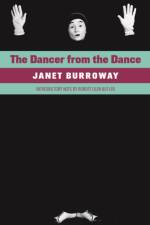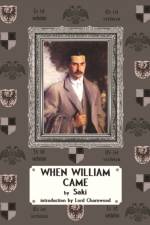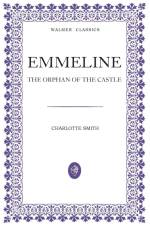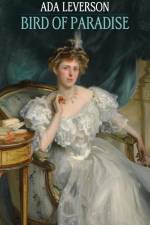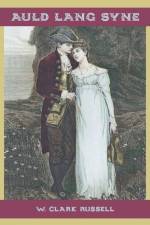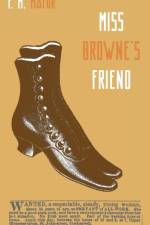av John Cowper Powys
281
Two young Lunarians, daughter Lorlt and son Rorlt, live with their ancient father, Horlt, who is Master of the Kingdom of Zed, a domain on the near, Earth-visible, side of the Moon. They have just buried their mother, and have come to a crisis point in their lives: Lorlt has now grown up to the extent of expressing her wish for a lover, even though possibilities are few and far between in this sparsely populated territory. Then she mysteriously disappears, and Rorlt sets out to find her.He encounters, with his father, down a secret passage in their grand house, a tunnel that seems to descend to the heart of the Moon. At the base of the last slope they meet Oom, an ancient, rock-headed, Titan-like being with a booming voice. They discover that he has summoned them because Lorlt appears to have been kidnapped and possibly seduced by his son Yoom. Rorlt's intent pursuit of his sister gains urgency, and he belts back up the tunnel to start searching in earnest. His father is waylaid by Oom, who feels compelled to show him what he calls his Terrestrial Milestones, eleven tiny living and moving pieces of important antiquity which he has collected, and which he will send out also in quest of Lorlt and his son: a fragment of the tablet which contained the commandment against adultery, the heel-bone of Achilles, one of Nero's fiddle-strings, one of King Alfred's cakes, a spearhead which Boadicea fired, the core of the apple eaten by Adam in the Garden of Eden, and five others of equal significance.All these beings, animal, vegetable, and mineral, head out to the Mountains of the Moon, and in particular the ridge which separates the light and dark sides, to try to find Lorlt. The Moon's great philosopher Om, the gentle teacher Miss Os, the soul of a dreaming old Welsh woman who visits regularly, and a shining being who claims to be the son of the Moon herself, all get caught up in the search, and have highly individual discussions about what is important in life. As Rorlt's search for his sister reaches its culmination on the ridge, his own future is unlocked in a surprising and unexpected twist.With endearing eccentric joy and great pertness, John Cowper Powys continues in The Mountains of the Moon his late-life project of short works investigating life's philosophic underpinnings through the mode of untrammelled fantasy. With slyly veiled Freudian references and contrasting extreme directness, he weaves a crazy story of distinctive fluidity, married with extraordinary original vision.







